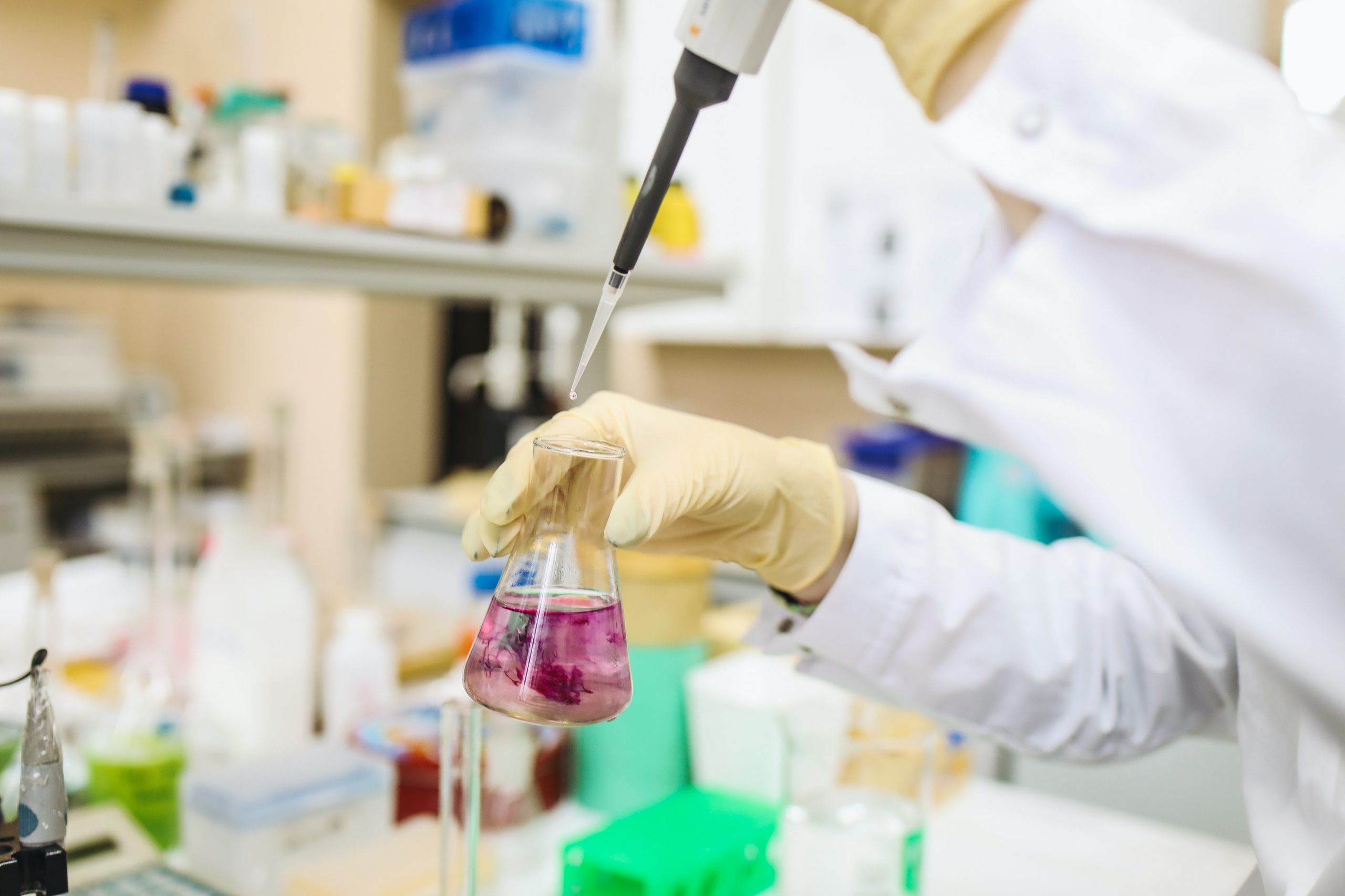
Leading modern science and biotechnology companies are driving a transforming wave of developments that significantly affect many industries, including healthcare. These businesses create products addressing some of the most urgent issues of our time by using the power of biological processes: disease prevention, tailored medicine, and the creation of creative therapies. Their efforts are essential in solving world health issues and raising the general quality of healthcare all around the world.
Biotechnology has fundamentally changed the field of medicine regarding drug development and available treatments. Businesses in this field are at the forefront of developing fresh treatments for a variety of diseases, including cancer, genetic problems, and infectious diseases. For example, CYDY stock has attracted a lot of interest since the company Cytodyn helps create innovative cancer and HIV treatments. Along with improving patient outcomes, these biotechnological discoveries are pushing a change toward more focused and efficient treatments, lowering long-term healthcare costs. The direct result of these biotechnological advances is the emphasis on personalized medicine, in which treatments are customized to the genetic composition of the individual patient, thus providing more exact and efficient treatment for patients all around the world.
Enhancing Agriculture with Biotechnological Advancements
Beyond the medical field, biotechnology companies are significantly advancing agriculture and generating ideas necessary to guarantee the world food supply. These businesses help to lower reliance on chemical pesticides, improve nutritional value, and raise crop yields by creating genetically modified crops. This development is vital since the world has to minimize environmental damage from conventional farming methods in addition to dealing with a rising population.
Agricultural biotechnological developments transcend only raising production. They also comprise the creation of crops resistant to the negative consequences of diseases, pests, and climate change. Even in the face of ever-changing environmental conditions, such innovations are essential to guaranteeing a consistent and dependable food supply. Furthermore, the application of biotechnology in agriculture supports the acceptance of sustainable farming methods, lowering the carbon footprint of food manufacturing. This is becoming more and more crucial as the agricultural sector tries to strike a balance between the demand for higher output and the necessity to safeguard the resources for future generations.
Furthermore, important for agriculture is biotechnology’s contribution to raising food’s nutritional quality. Through improved crop nutritional profiles, biotechnology firms help to solve malnutrition and guarantee that populations all around the world have access to better food choices. In developing areas, where food security and nutrition remain major issues, this is especially vital.
Addressing Environmental Challenges through Biotechnology
Certain of the most important environmental issues of our day are also being addressed in great part by biotechnology. Biotechnology companies are helping to build a more sustainable future by providing creative ideas that advance sustainability and lower our dependency on fossil fuels. Leading developers of bio-based products and techniques greatly reducing carbon emissions and environmental impact are these companies.
Among the innovations in this field are biodegradable plastics, which help to lessen the environmental load from plastic waste, and biofuels, a renewable substitute for conventional fossil fuels. Furthermore, biotechnology businesses are creating eco-friendly industrial techniques that cut energy use and pollution. These developments help not only the environment but also businesses striving to use greener methods and lower their carbon footprint.
Given efforts to combat global climate change, the creation of sustainable biotechnological solutions is especially crucial. The need for biotechnology to offer practical substitutes for conventional, environmentally damaging methods becomes more important as governments and businesses all around the world try to reach high climate targets. Offering sustainable solutions, biotechnology firms are clearing the path for a future marked by greater environmental responsibility.
Economic Contributions of Biotechnology Companies
The influence of biotechnology firms goes much beyond their products and technical developments. These businesses are major engines of economic development, helping to create jobs and stimulate innovation in many closely allied sectors. As biotechnology firms keep stretching the bounds of science, their contributions are growingly important in addressing world problems and improving the general quality of life.
The biotechnology industry has quite significant economic knock-on effects. The success and expansion of these businesses inspire research and development activity, which results in the development of fresh technologies and goods, promoting even more economic growth. Furthermore, the focus of the biotechnology industry on innovative technologies and cutting-edge ideas draws top talent from all around, strengthening the world economy.
Furthermore, the evolution of regional economies depends heavily on the biotechnology sector. Many biotechnology firms are housed in specialized clusters, where they gain close access to universities, research facilities, and other technology businesses. These groups generate a dynamic environment that supports economic development, creativity, and teamwork.
Conclusion
Driving inventions that solve important problems in the environment, agriculture, and healthcare, biotechnology companies are indispensable players in the modern world. Their efforts not only improve sectors but also help us satisfy the needs of a fast-changing society. These businesses’ impact will be vital in determining a sustainable and rich future, even as they keep innovating and expanding. Solving world problems, promoting economic development, and raising living standards for people all around depend on their contributions.
